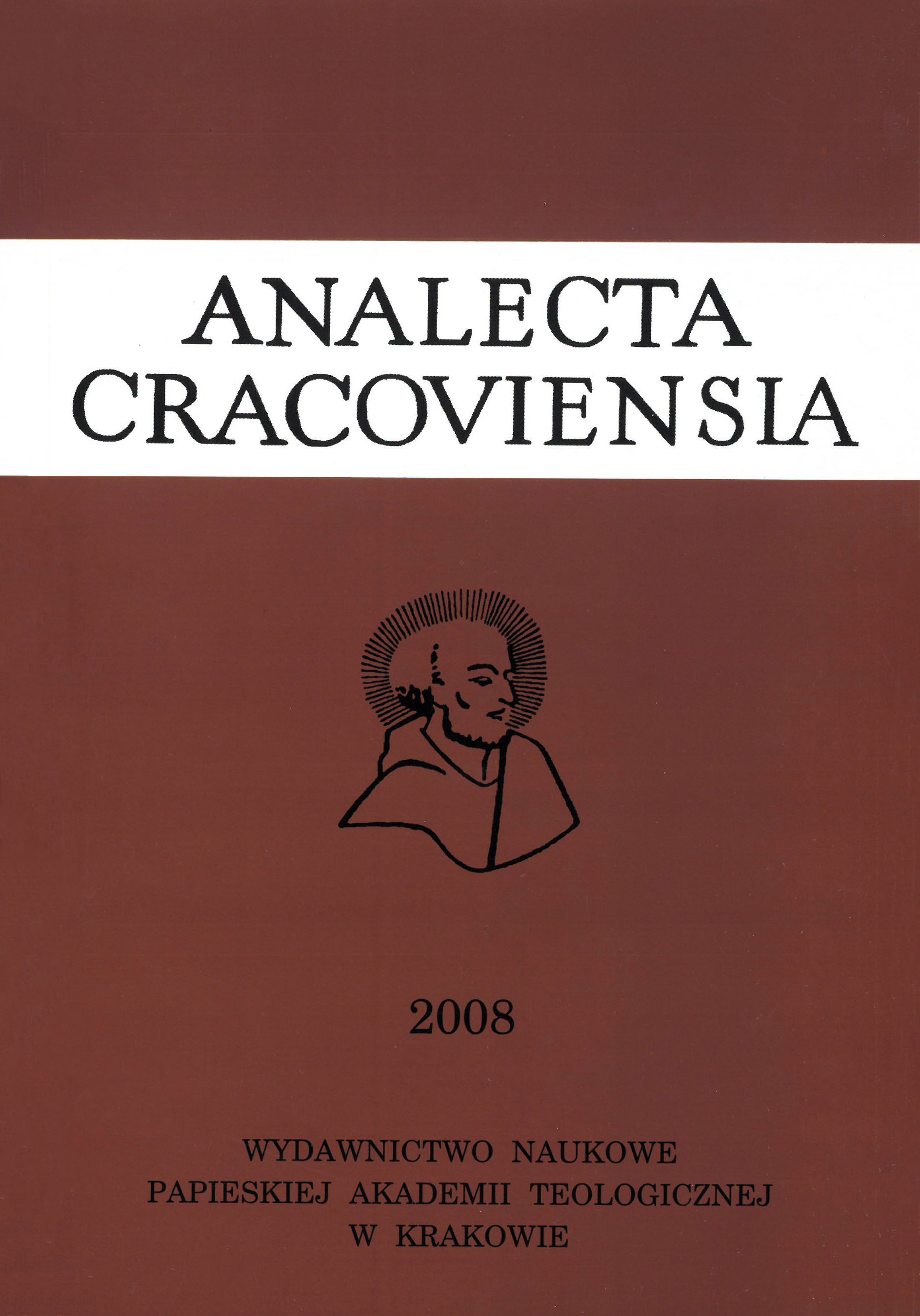Funkcja ekspresywna we współczesnych tekstach homiletycznych
DOI:
https://doi.org/10.15633/acr.4017Abstract
Preaching scripts, as a peculiar act of interpersonal communication, fulfils cognitive, impressive and prophetical functions. Additionally, they also fulfil an expressive function which reveals the sender’s attitude towards the contents and essence of the message. This allows the sender to manifest their feelings and experiences and express their psychological condition. Emotions play an extraordinarily important role in the process of verbal influence upon the audience. Therefore, the effectiveness of preaching speech depends greatly on emotions. This article is a trial to look at the linguistic means employed in contemporary sermons, thanks to which preachers achieve a high level of expression creating a specific emotional climate. The analysed scripts were drawn from sermons delivered in the Holy Cross Church in Warsaw and broadcast in the Polish Radio. The expressive function in the studied texts reveals itself mainly on lexical and syntactic grounds. Rhetorical figures also play an important part in achieving expressiveness of speech. The process of sermon communication achieves its human dimension thanks to emotional measures.
Downloads
Published
Issue
Section
License
Copyright (c) 2022 Witold Ostafiński

This work is licensed under a Creative Commons Attribution-NonCommercial-NoDerivatives 3.0 Unported License.
Authors who publish with this journal agree to the following terms:
- Authors retain the copyright and full publishing rights without restrictions, and grant the journal right of first publication with the work simultaneously licensed under a Creative Commons Attribution 4.0 International License that allows others to share the work with an acknowledgement of the work's authorship and initial publication in this journal.
- Authors are able to enter into separate, additional contractual arrangements for the non-exclusive distribution of the journal's published version of the work (e.g., post it to an institutional repository or publish it in a book), with an acknowledgement of its initial publication in this journal.
- Authors are permitted and encouraged to post their work online (e.g., in institutional repositories or on their website) prior to and during the submission process, as it can lead to productive exchanges, as well as earlier and greater citation of published work (See The Effect of Open Access).

